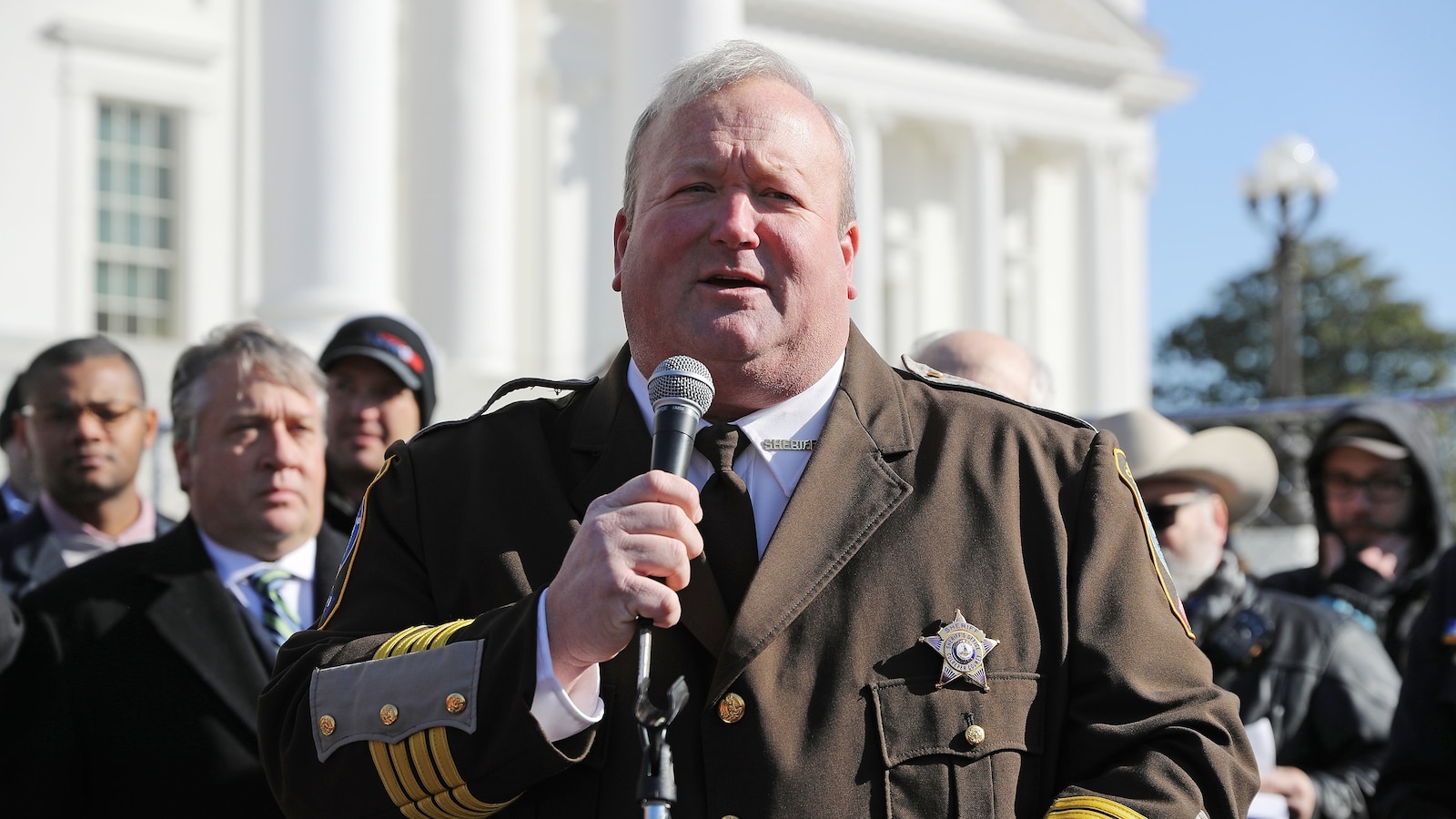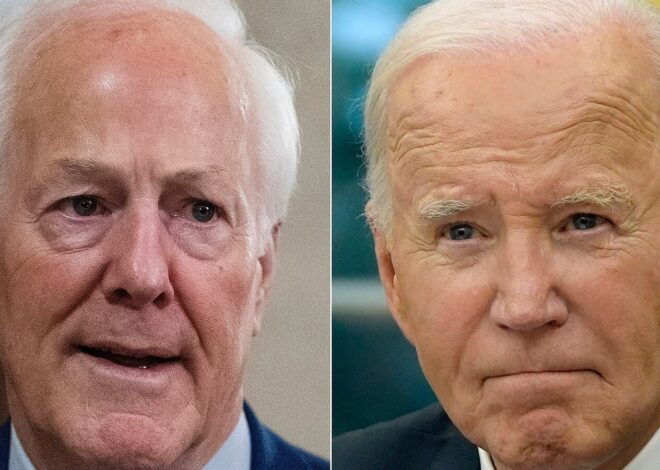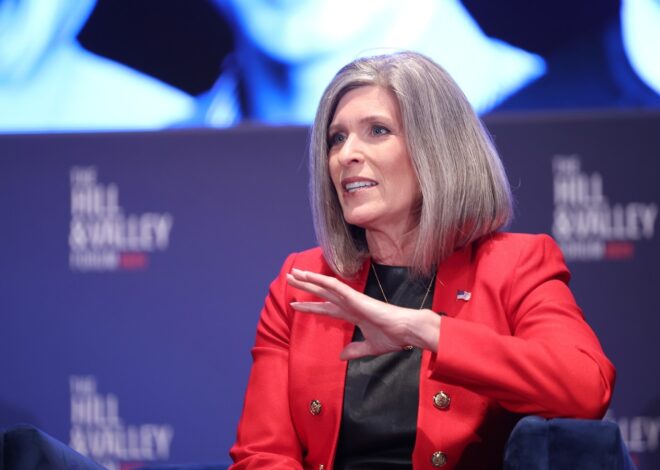
Virginia Sheriff Convicted of Federal Bribery Charges Receives Pardon from Trump
Scott Jenkins: From Convicted Sheriff to Pardoned Man
Maybe the quiet stillness of a Culpeper morning seemed to whisper hints of change. Scott Jenkins, who once held the trusted position of sheriff in Culpeper County, Virginia, found his life veering in an unexpected direction. It was all set-he was to report to jail on Tuesday. Yet in a remarkable turn of events, President Donald Trump granted him an unconditional pardon, wiping away the shadows of a federal bribery conviction that loomed over him.
Trump, in a fierce defense on Truth Social, painted a picture of Jenkins and his family, dragging through what he called “HELL” at the hands of a “Corrupt and Weaponized Biden DOJ.” The trial, marked by allegations of exculpatory evidence being dismissed by Judge Robert Ballou, was, according to Trump, a clear example of judicial overreach. Jenkins, Trump argued, was a victim-caught in the crosshairs of a politically motivated agenda.
There’s something that sticks about Trump’s words. He called Jenkins “a wonderful person” who was persecuted and “left for dead.” Such strong language, maybe even hyperbolic, but it shows the depth of Trump’s conviction in Jenkins’ innocence. Was Jenkins really a martyr of political warfare, or did the legal system catch him in acts of betrayal against the public trust?
Jenkins’ story is steeped in controversy. Convicted in December 2024 for conspiracy, honest services fraud, and bribery, his actions were said to have breached the ethical and legal standards expected of someone in his position. The prosecution, led by Acting U.S. Attorney Zachary T. Lee, was unwavering in its stance. Lee’s March memo was damning-Jenkins had “exploited his official powers for personal gain,” and, when exposed, tried to manipulate the judicial process.
The evidence was stacked high. The Department of Justice detailed Jenkins’ involvement in a cash-for-badges scheme, taking over $75,000 in exchange for appointing businessmen as auxiliary deputies. It seemed an egregious abuse of power, a violation of the oath he took to serve and protect. Yet, amidst these grave accusations, Trump’s pardon arrived-clearing Jenkins of his impending 10-year sentence.
In the words of Acting U.S. Attorney Lee, “Scott Jenkins violated his oath of office,” and yet, with the stroke of a presidential pen, Jenkins’ future shifted dramatically. Perhaps it’s a reminder of how entwined justice and politics can become, or maybe it’s an example of how polarizing views shape our reality. While Trump’s decision surely spares Jenkins from the cold confines of a cell, it leaves lingering questions about justice and accountability. If you’d like to know more about this unfolding narrative, you might find this official statement intriguing.
In this tangled web of law and politics, one can’t help but wonder about the broader implications. What message does this send to those in positions of power, and to the public who place their trust in them? Perhaps time will unravel these complexities. For now, as Jenkins steps back into the world with a presidential pardon in his pocket, the echoes of his story continue to ripple through the community he once served.



